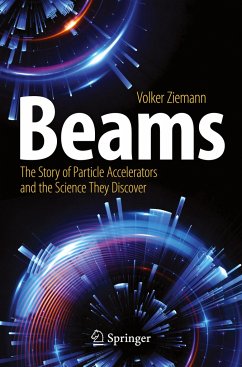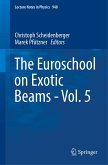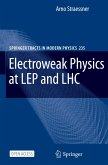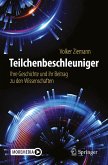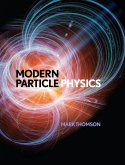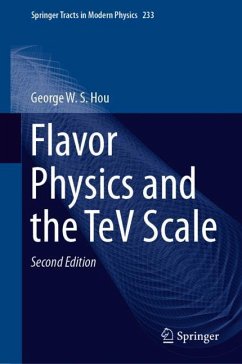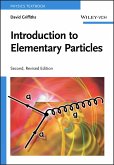This book describes and explains the world of particle accelerators and the physics they study. The presentation is non-technical (E=mc2 is the only equation!) and the prose accessible. By following the co-evolution of particle accelerators and particle physics, readers will learn why the accelerators are built, how they work, and what "results" they produce. The book highlights the great ideas (e.g. synchrotron) and technological advances (superconducting magnets) that boosted the potential of accelerators and led to new discoveries, eventually resulting in the standard model of particle physics. Many concepts are illustrated with figures derived from three-dimensional models; these include theaccelerators, detectors, and particles. Background information about the main protagonists, along with pointers to further reading, e.g. from "Scientific American," are provided in endnotes.
Bitte wählen Sie Ihr Anliegen aus.
Rechnungen
Retourenschein anfordern
Bestellstatus
Storno

